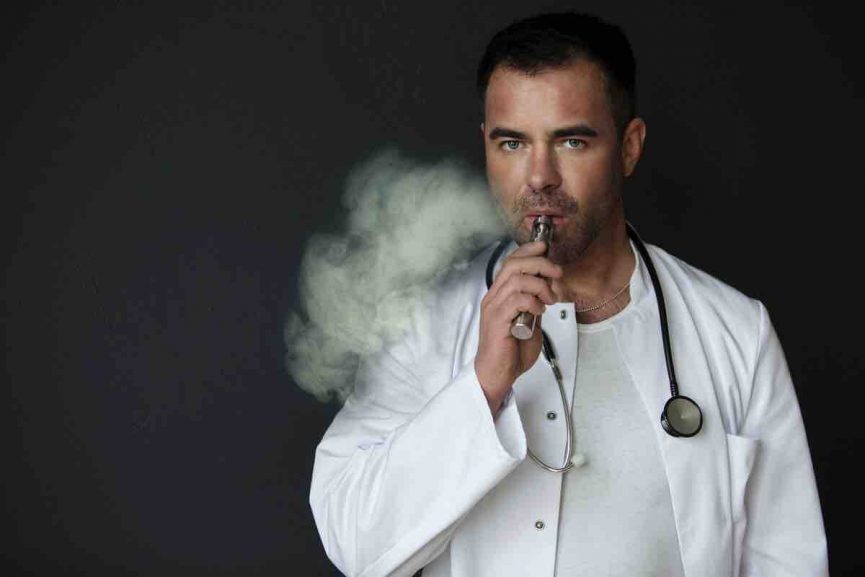Farsalinos Strikes Back at E-cigarette and Bladder Cancer Research

One E-cigarette, Countless Opinions
E-cigarette.One term and much ado about it. Too much, if you ask vapers. Not enough, if you ask lawmakers and some (but not all) healthcare practitioners. As of the past few years, immense number of studies, researches and publications have appeared on the subject. It seems that everyone wants to voice their opinion on the subject. Such discourse often leads to the publication of misleading information in media outlets.
Moreover, it results in many people using that information as supposed valid scientific proofs. This is in an effort to lend some sort of scientific credibility to their opinion. Some readers were not happy with recent The Buffalo News take on the subject, which you can read here.
Dr Konstantin Farsalinos is a researcher at the Onassis Cardiac Surgery, Department of Pharmacology, University of Patras, Greece. He seems to be a rare figure in balancing these opinions. Some medical scientists are urging lawmakers to fully equate bans on e-cigarettes and regular cigarettes. Lawmakers are, as it seems, happily obliging to this. The question is, are both arguments and counter arguments fully validated and checked before being proudly released into the world?
Flaw in the Research
Dr Farsalinos does not think so. At least not when it comes to a recent research presentation on e-cigarettes. The research, conducted by American Urological Associations, connected vaping to bladder cancer. The abstract of the research seemed to be problematic for Farsalinos.
The problem lies in the fact that abstract did not point to direct correlations between vaping and bladder cancer. It rather just drew comparison between the presence of substances connected to bladder cancer in urine of e-cigarette users and those not using it.
As Farsalinos pointed out that the study should have included smokers as well. This way, smoking cessation is not verified in e-cigarette users. This led to insufficient quantity of samples too.
In addition to these, biomarkers measured are not established for smoking exposure. According to Farsalinos, toxic substances could as well be present through environmental exposure.
These days the media exposes us to different theories regarding the vaping. However, we have these similar statements, both from AUA and Farsalinos. As a result, it can affect vapers, and even those not vaping. The question is, which theory should we take seriously? As with many things, these days, with so many noise out there, we will endeavour to provide you with only the most accurate information.


Comments
Leave a comment